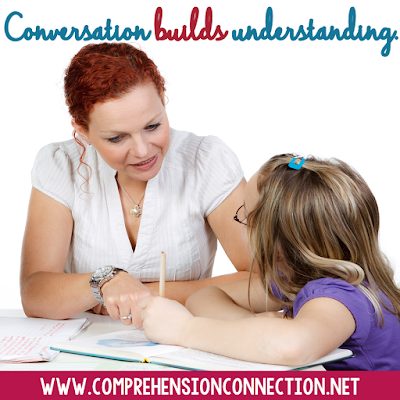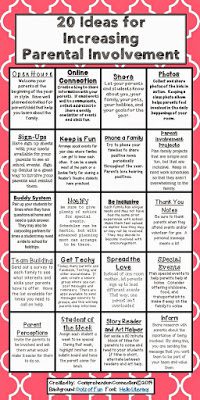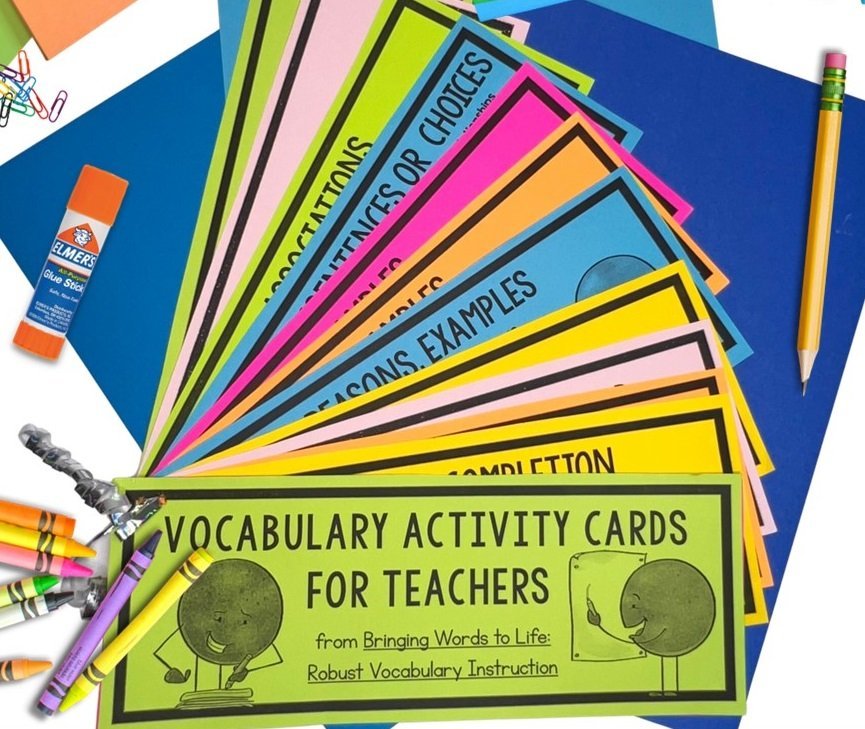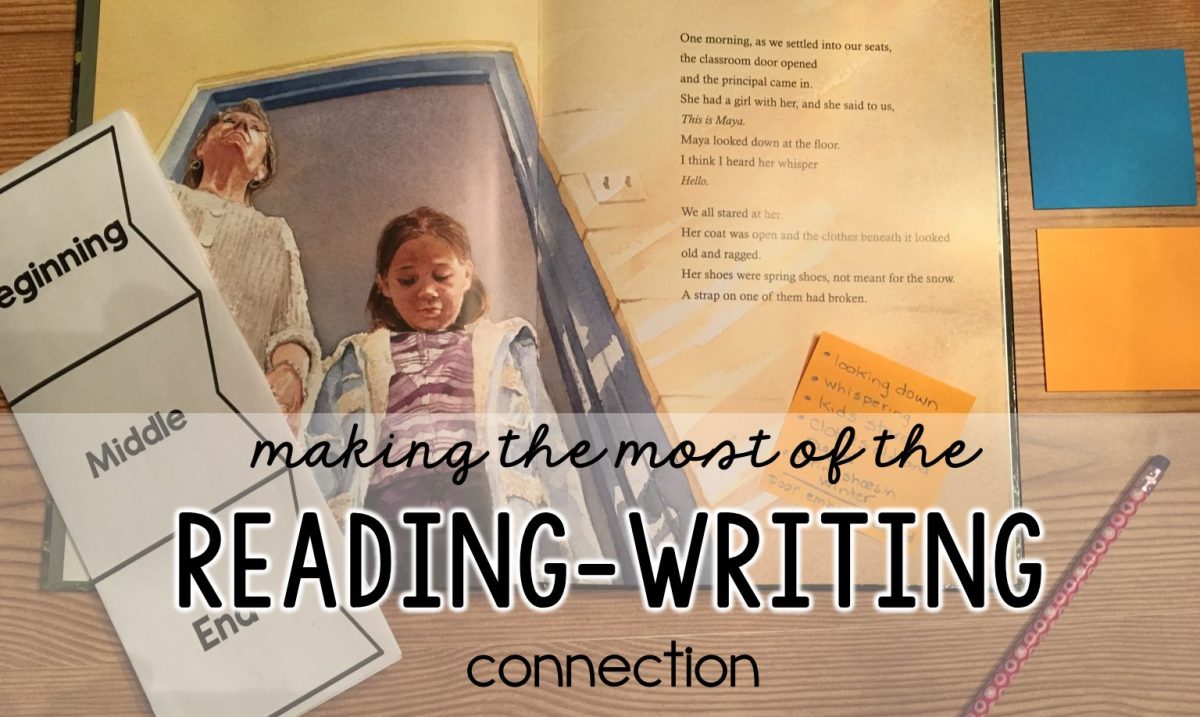
As we know, literacy learning starts with a child’s most influential teacher, his/her parents and guardians. Parents are with the child during the most important formative years. Children learn from all of their family experiences. They benefit socially, emotionally, and educationally. In fact, a child’s ideas about education and its significance begins with the parents’ ideals and modeling. Considering these points, it is so important that teachers and parents join forces. Parent support helps the child grow to his/her full potential.
How Parents Can Support Literacy Learning at home
learning at home with great books

According to literacy expert Timothy Shanahan, the answer is that it doesn’t hurt. If you have young children at home, I would not advise a laborious daily reading lesson. Rather, make reading together a comfortable experience where you as a parent seize the teachable moments. This associates reading with the pleasure kids feel cuddling up with a parent.
learning at home with word work
Another way parent support can be provided is with word learning. If a child is curious about words, seize the moment. Model word meanings through conversations gives the child background for how a word is used, context, etc. If the child is curious what a word says, simply telling the word is okay. An even better idea is to demonstrate how the sounds come together to form the word. Finally, as you read, pausing for discussion about the plot, ideas, pictures, or other text elements builds verbal skills as well as comprehension.
learning at home with educational gifts
One of the best way to encourage reading during the holidays is to keep books in mind for gifts. My friend Emily at The Literacy Nest is doing 25 Books for Christmas. Now that may or may not work into your budget. However, you can’t go wrong with $1.00 books from Scholastic or my favorite store, Ollie’s. Regardless of the number you choose, this is a great way to build a child’s library.
What about literacy learning when time is short?
Life is so busy for everyone. When a choice has to be made on how time is spent, parents must choose meeting basic needs first. On the other hand, when parent support with educational activities is possible, it is greatly appreciated and beneficial to the child.
How do you get the time? The best place to find the time is whenever you have to wait on something. We all have doctor’s appointments, time in the car or on the bus, or have to wait on car repairs. These are the times we call, “reading emergencies” because kids are usually driving parents crazy. Parents are on edge waiting too. If you are prepared for these “reading emergencies”, then the time is used positively. You can stash things like letter or sightword cards and a few books in a bag. When you have to wait, you will always be prepared.
What other literacy activities support learning at home?
One of the best things parents can do to support learning at home from birth is talk. Discuss the environment, interesting observations of insects, community workers, procedures at restaurants, birds, or things like how mail is delivered. These talks build the students’ schema or memory for a topic which is important as new information is learned. Conversation also builds word knowledge and vocabulary.

As you have conversations with your child, try to keep it at a high level versus talking down to them. Work into your conversations words like sluggish or exhausted with context. This helps kids learn what words mean and how they are used.
Conversations deepen understanding about material that is read too. If you read a book to your child, talking about it during and after reading helps your child visualize the story. They will learn from the reading. In fact, many life lessons can be learned from these conversations.
learning at home by writing
In addition to oral conversations, I highly recommend writing with your child in many forms. Keeping a dialogue journal where you can write notes back and forth to each other is lots of fun. For reading, journals can be very helpful for use after reading to record the big ideas from the text, and what would your family members say to a handwritten letter or card? Of course they’d love it, right?
If you have a tech savvy kid, you might incorporate technology with MS Word or Google Docs to let your child type about their reading, a note to a friend, or maybe even birthday cards. You might even consider a private blog about the books you read together.
What If I Show My Child the “Wrong” Way to Solve the Problem?
Chances are you have probably already heard the dreaded “But that’s not the way my teacher does it!” We all hear that (even teachers). There is something to keep in mind any time these words are spoken. It is, “Learning to do things in new and different ways is a great thing. It helps you check your work and gives you a back up plan if you get stuck!” Imagine what it would be like to have chicken cooked only in ONE way. That would be boring, right? If this comes up, carry on and send in a note to let your child’s teacher know.
The classroom teacher may have a handout that he/she can share with you on how the child is learning at school. (This is especially true for math where we WANT kids to learn to think of new problem solving methods.).
parent workshops that support learning at home:
With reading and other content areas, you might visit during your school’s parental involvement nights to see how teachers model skills for their students. I know from the workshops I’ve conducted for parents, that this is the most beneficial part of the workshops. Parents like to see our teaching methods in action.
Where Can I Find Resources to Help Me with learning at Home?

I created the poster to the left a while back, and it’s been very well received. In fact, someone picked up the original tweet of a post I’d included it in, and it just went crazy. You’ll find a variety of ways you can help at school and how teachers can involve you in their classroom routines. I’d recommend printing a copy for at home and posting it on the side of your refrigerator just as a reminder. Teachers might share it outside the classroom door or place it in a prominent place as a reminder of how each parent can be involved.
learning at home steps
Another resource I designed is this brochure. I created it for use with a parental involvement workshop I presented. The reading stages of development are included as well as a list of what to expect at each stage. I shared ideas of how parents can work on grade level skills from emergent to instructional. Parents can use it for children of all ages.


Finally, these handouts by Primary Punch are just fantastic. There is a handout for every teaching point in literacy. I just love them. Included in the list are fluency strategies, choosing just right books, ten ways to build vocabulary, educational apps, decoding strategies, and more.
Final Thoughts on Ways Parents Can Help at Home
The tips shared here are only the beginning. Parents can help their kids at home in so many ways. These tips are aimed at academic needs, but parents support a child’s emotional needs or physical needs too. Children can’t be as receptive to the academics when these needs aren’t met. Teachers can not do it all, and parents can’t either. We have to work as a team, and if we do, we can promote long-term school success.
Download the Parent Support Handouts:
Literacy Learning Links for Parents:
- Classtag Blog
- Parent Involvement Matters
- Five Schoolwide Parental Involvement Activities that will Hook Them In
Pin for Later:




















2 Responses
Such wonderful ideas, Carla. I always enjoy your posts. Thank you!
Thanks for contributing the book idea even if you didn't plan to. 🙂 Love ideas that come from discussions with friends.